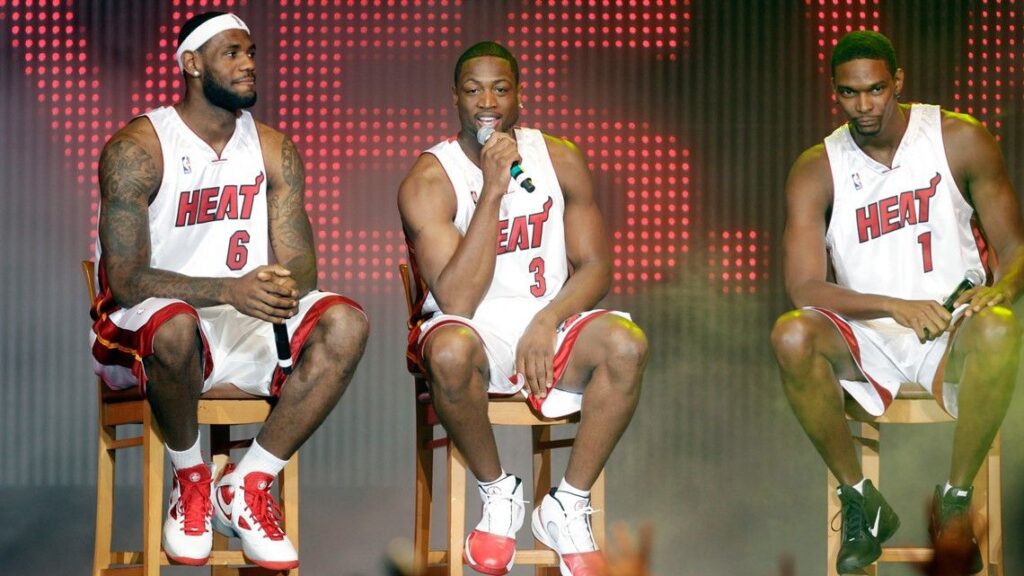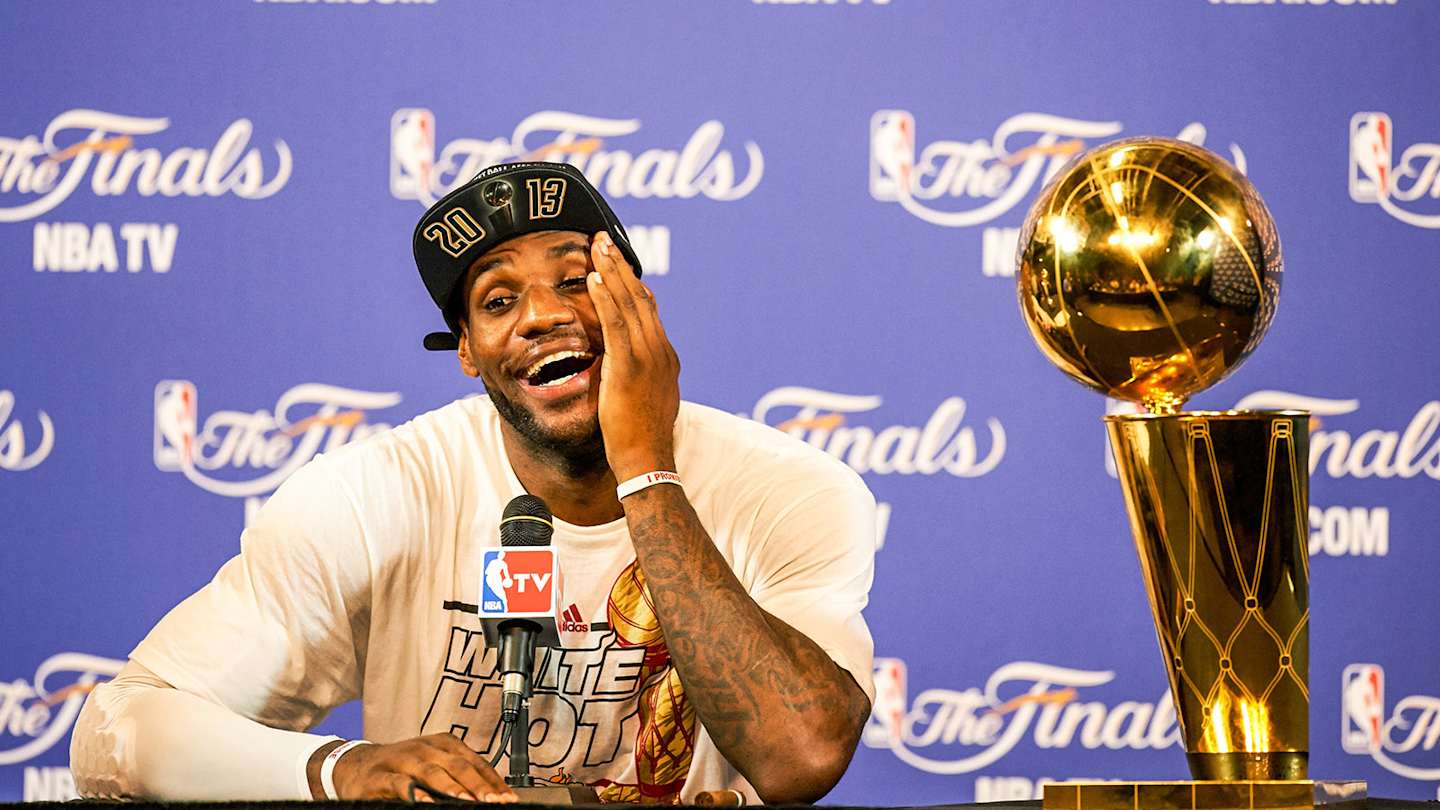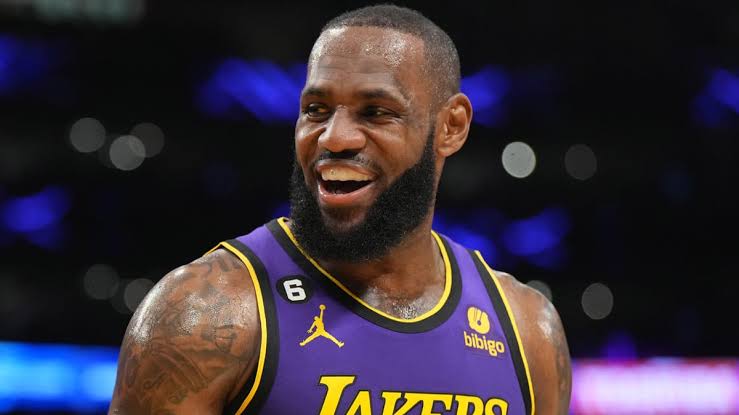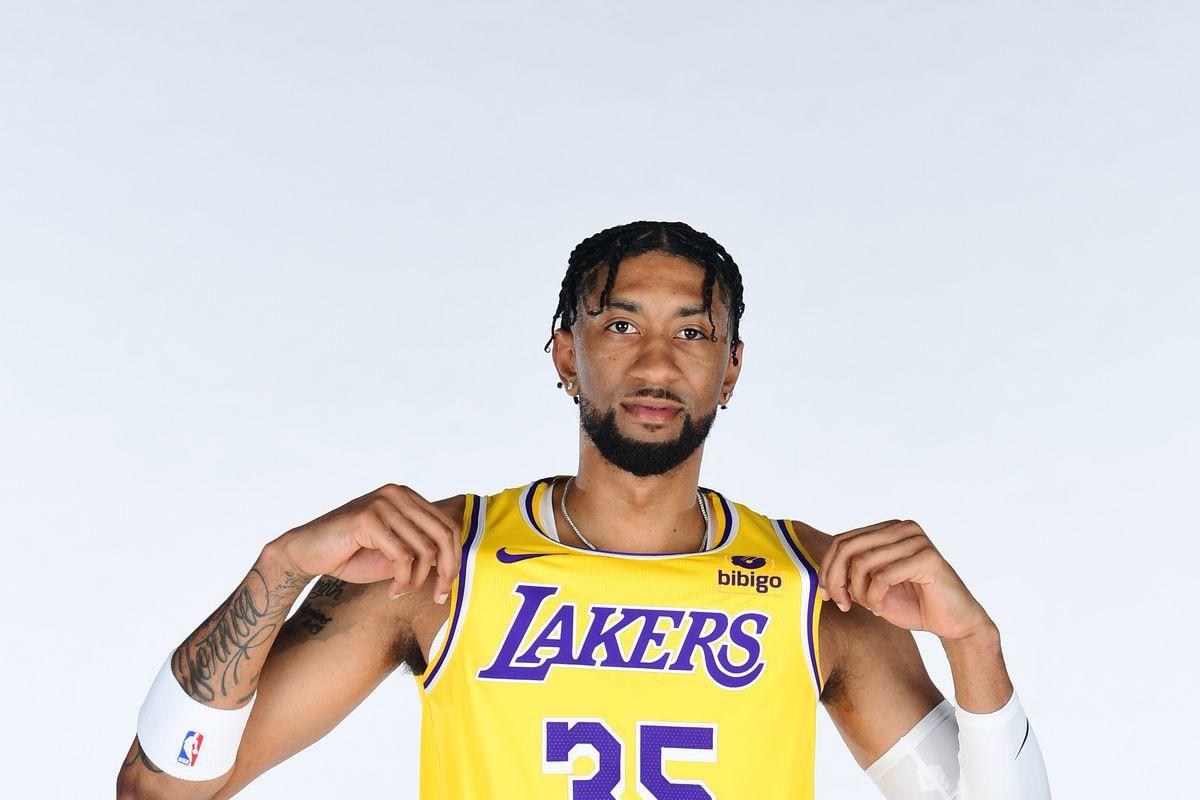Adrian Wojnarowski, a leading voice in basketball journalism, recently highlighted the transformative impact of LeBron James, Carmelo Anthony, and Chris Paul on the NBA during their prime years in the late 2000s and early 2010s. Speaking on the 7PM in Brooklyn podcast, Wojnarowski explored how their decisions reshaped the league both as a business and a cultural phenomenon, setting the foundation for the NBA’s evolution into a 24/7 global spectacle. These pivotal moves redefined the dynamics of player power, team-building, and fan engagement, ushering in a new era of basketball.

LeBron James’ groundbreaking decision to leave Cleveland for the Miami Heat in 2010 is widely regarded as a turning point. By teaming up with Dwyane Wade and Chris Bosh, LeBron shifted the narrative around player empowerment, showing that superstars could control their destinies and prioritize championship success. The broadcast of The Decision made waves beyond sports, sparking debates about loyalty, legacy, and the role of players in shaping the league. This move set a precedent for the creation of superteams and forever altered how fans and analysts viewed free agency and team-building strategies.
Carmelo Anthony’s trade to the New York Knicks in 2011 added another layer to this transformation. Despite efforts by the Denver Nuggets to retain him, Melo pushed for a move to one of the league’s largest markets, showcasing the growing influence of star players in shaping their careers. His arrival in New York revitalized the Knicks and underscored the increasing importance of individual brand-building. Wojnarowski noted that Melo’s trade wasn’t just about basketball; it was a reminder that the NBA had become a league where players’ marketability and off-court appeal were as significant as their on-court performance.
Chris Paul’s move to the Los Angeles Clippers in 2011 was similarly impactful. Paul turned the historically underperforming Clippers into legitimate contenders, highlighting the power of a single superstar to reshape a franchise’s fortunes. His leadership on and off the court brought credibility to a team long overshadowed by the Lakers and elevated the Clippers’ status in the league. Wojnarowski emphasized that Paul’s decision, like those of LeBron and Melo, symbolized the league’s shift toward star-driven franchises and marketability.
Wojnarowski described this period as the birth of a “new industry” within the NBA, where the drama of player movement became as captivating as the games themselves. Trades, free-agent signings, and draft picks began to dominate headlines, turning the offseason into a spectacle. Fans and media alike analyzed every move with championship aspirations in mind, creating a constant cycle of intrigue and engagement. This nonstop narrative helped transform the NBA into a cultural phenomenon that extended well beyond the regular season and playoffs.
Ultimately, Wojnarowski credited this era for revolutionizing the NBA’s identity. LeBron, Melo, and CP3 led a movement of player empowerment and strategic team-building that changed how the league operates. Their decisions reshaped the competitive landscape and elevated the NBA to a global powerhouse, proving the game is as much about strategy and spectacle as it is about basketball.



